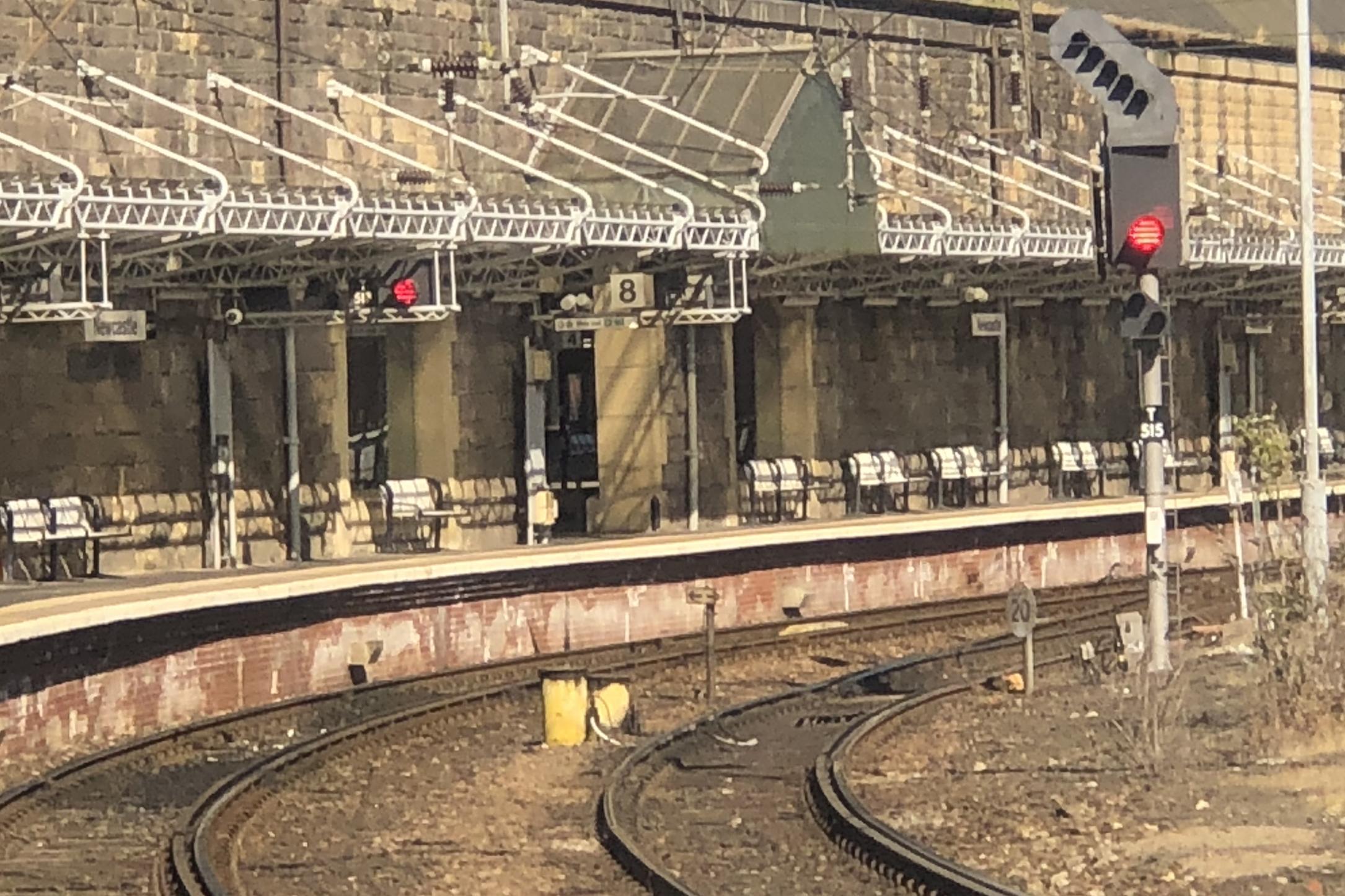Rail: government brings in British Airways man to advise on better trains
Keith Williams, who was BA boss until 2016, is to lead what the government claims will be the most significant review of rail since privatisation

Your support helps us to tell the story
From reproductive rights to climate change to Big Tech, The Independent is on the ground when the story is developing. Whether it's investigating the financials of Elon Musk's pro-Trump PAC or producing our latest documentary, 'The A Word', which shines a light on the American women fighting for reproductive rights, we know how important it is to parse out the facts from the messaging.
At such a critical moment in US history, we need reporters on the ground. Your donation allows us to keep sending journalists to speak to both sides of the story.
The Independent is trusted by Americans across the entire political spectrum. And unlike many other quality news outlets, we choose not to lock Americans out of our reporting and analysis with paywalls. We believe quality journalism should be available to everyone, paid for by those who can afford it.
Your support makes all the difference.A man who spent two decades competing against trains is now to devote a year to assessing how to improved Britain’s beleaguered railways.
Keith Williams, who retired as chief executive of British Airways in 2016, is to lead what the government claims will be the most significant review of rail since privatisation.
Working with a “challenge panel” of experts, Mr Williams will consider how to improve value for money for passengers and taxpayers.
Since privatisation of the rail industry, passenger journeys have increased by 135 per cent, with one billion more trips in 2017 than in 1995. The Department for Transport (DfT) says the rail network has one of the highest rates of satisfaction and safety in Europe.
But over the past few years millions of commuters have been hit by poor timekeeping and frequent strikes. The botched introduction of new timetables in May led to widespread cancellations and delays in the South East and North West.
Mr Williams said: “It’s clear that Britain’s railway has seen unprecedented growth and is carrying more passengers than it did a century ago on a network a fraction of the size. But it also clear it faces significant challenges.
“I am looking forward to working with the industry and passengers to tackle these challenges.”
Under the leadership of Mr Williams, BA launched flights from Heathrow to Leeds Bradford Airport and expanded other domestic links in competition against train operators.
He was appointed to head the Rail Review by the transport secretary, Chris Grayling, who said: “The railway needs reform to prioritise its passengers, and we have set out plans for closer partnerships between operators of track and train, including on the LNER and South Eastern networks.
“But as part of our vision for the future of mobility, we need to go further and more quickly, to get the best from the public and private sectors and deliver the railway we need for the 21st century.
“It is vital that this review leaves no stone unturned and makes bold recommendations for the future.”
But a rail industry commentator, Philip Haigh, said: “Ministers rarely think beyond next Sunday’s newspapers and those that do rarely keep their post long enough.
“Any rail review needs to decide how to have DfT think about what Britain needs from its railway and then set Network Rail and franchises to deliver it. This is best done over the long term, incrementally rather than ‘big bang’.
“There must also be an honesty that we cannot spend billions on building a better long-term railway and expect cheap fares if ministers want passengers to pay for it over the short-term. Hence the need for DfT to decide what railways are for.”
The Rail Delivery Group, which represents the rail industry, called the review “a once in a generation opportunity”. Its chief executive, Paul Plummer, said: “While we continue to look at our own role in driving improvement, root and branch reform of the whole system can only be delivered with the help of government.
“We stand ready to play our part to make sure [the review] delivers big, bold, meaningful reform in the national interest.”
Anthony Smith, chief executive of the independent watchdog Transport Focus, said: “Something has to change after the torrid summer of timetable disruption, ongoing patchy performance and strikes, with fare rises looming next January.
“But to command passenger faith the Rail Review must depart, travel and arrive with the needs of users at its core.”
The government says it will publish a white paper on the Rail Review’s recommendations, with reforms beginning in 2020.
The last large-scale review of railways was commissioned by the Labour government, and published under the coalition in 2011.
Sir Roy McNulty's recommendations on how to improve value for money in the UK rail industry led to little change.
Join our commenting forum
Join thought-provoking conversations, follow other Independent readers and see their replies
Comments